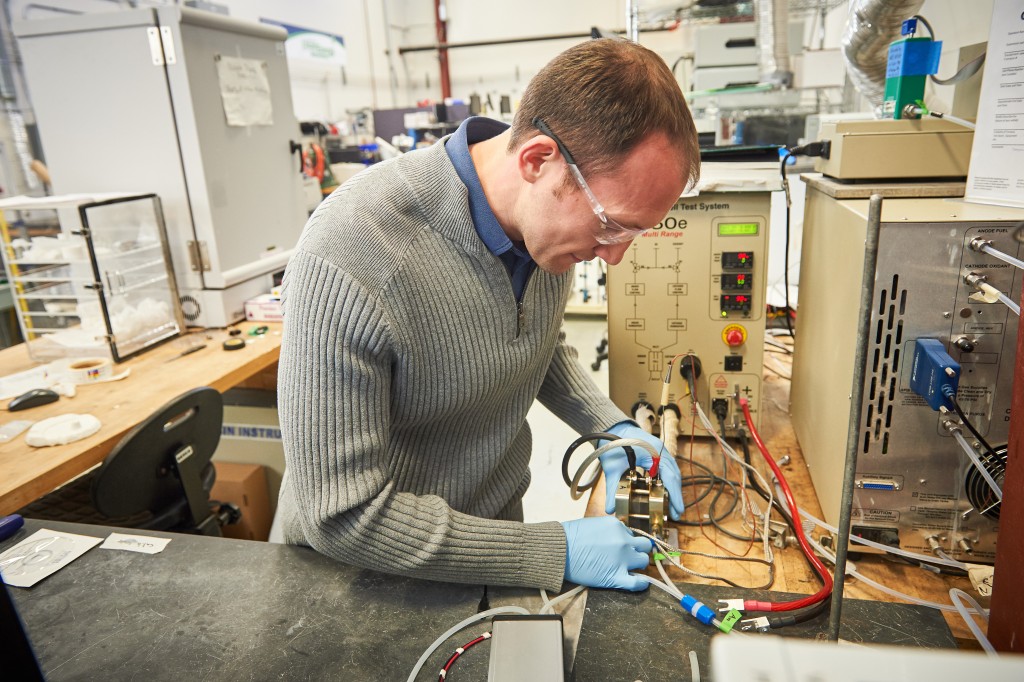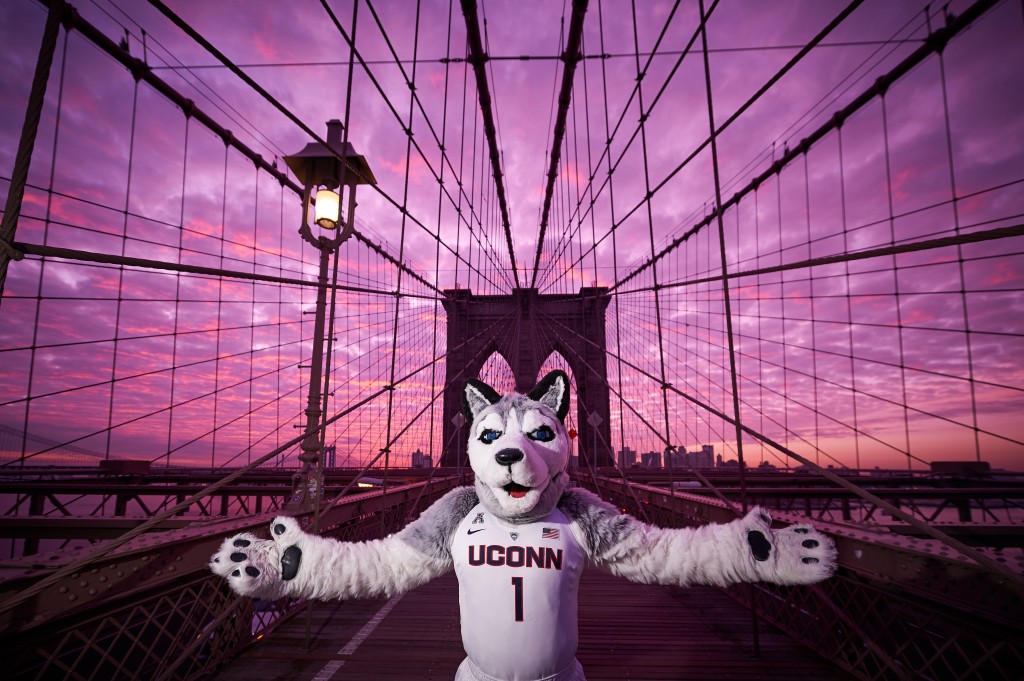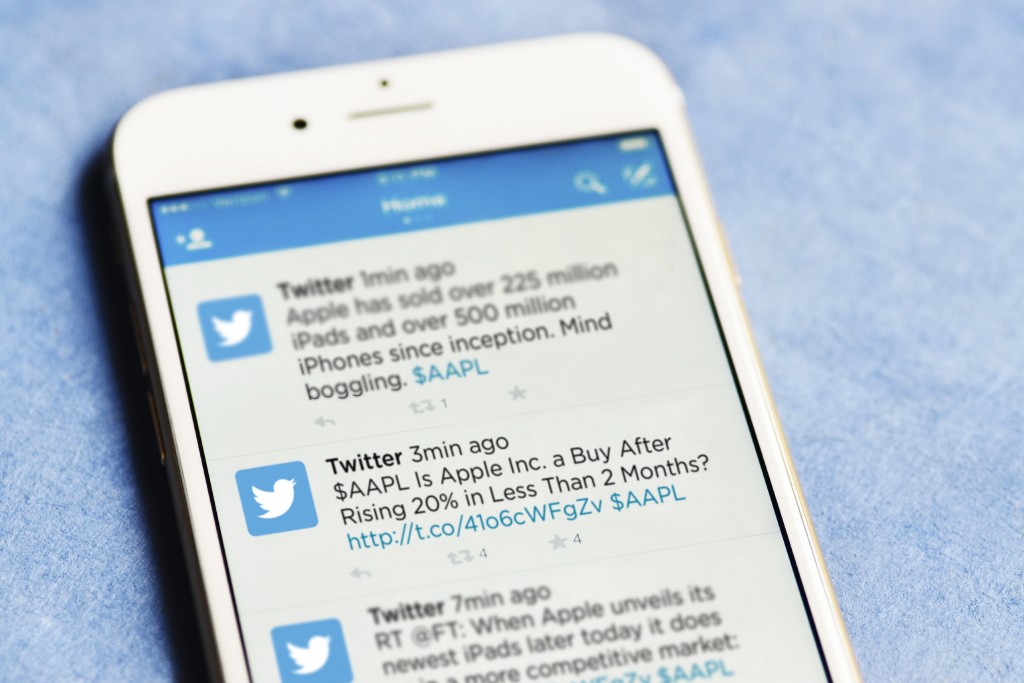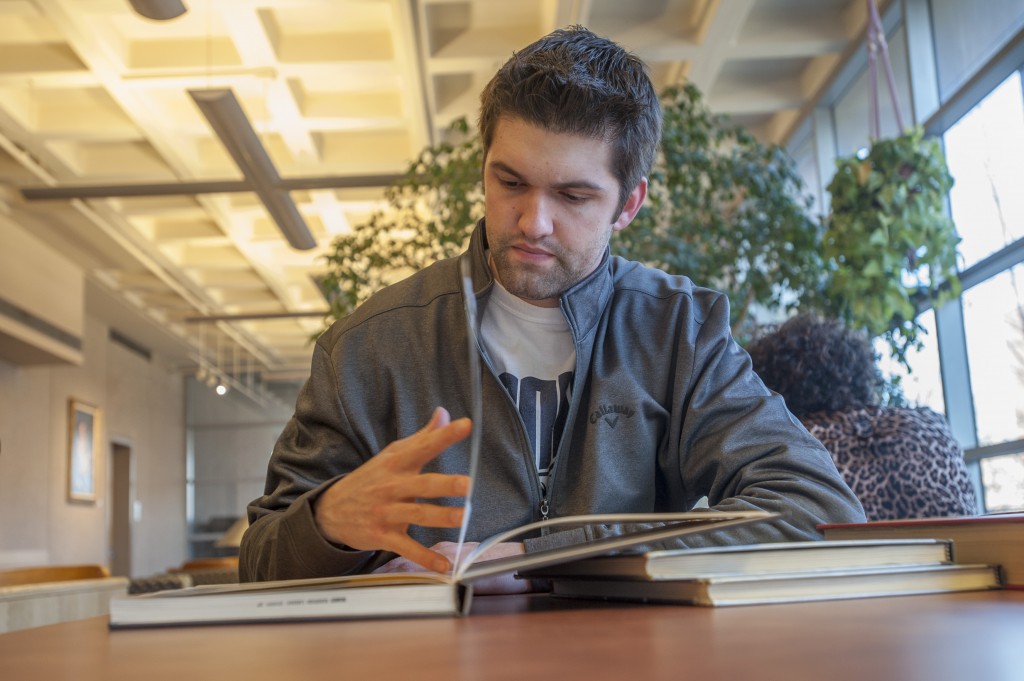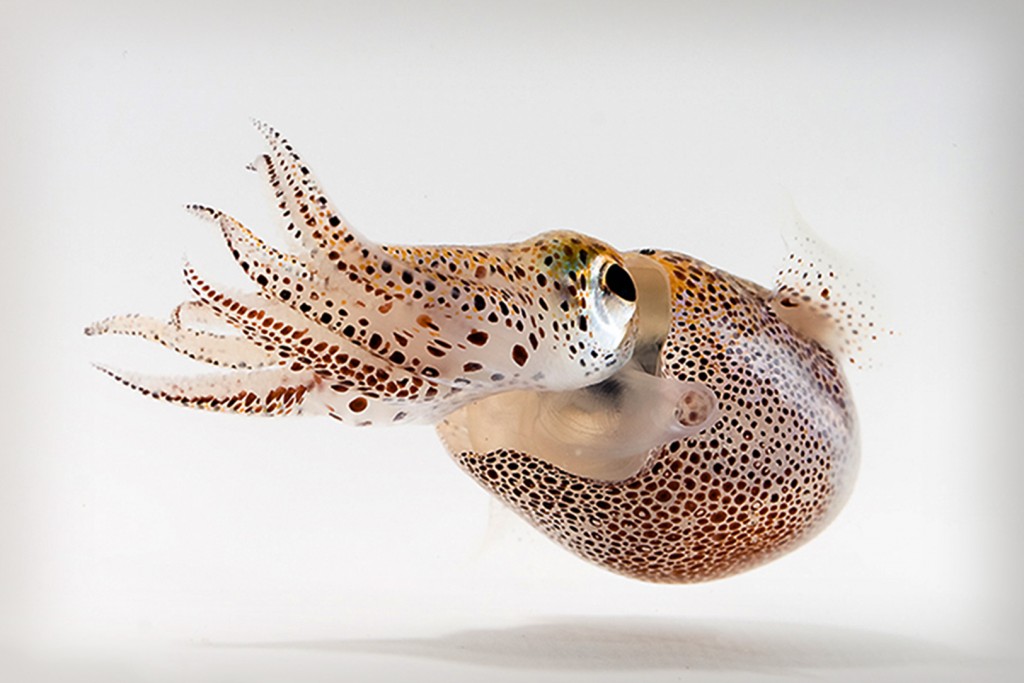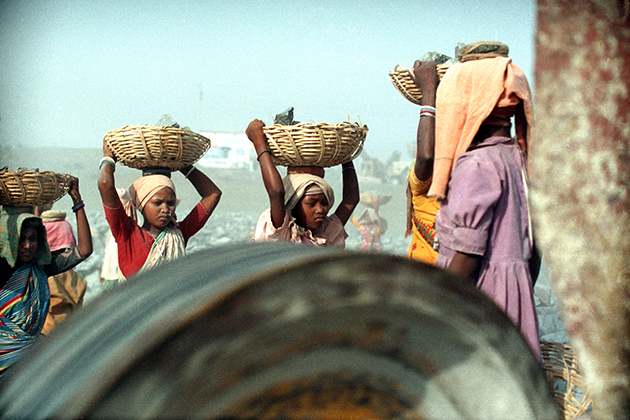Topic
A Candidate Like Me: Historic Firsts in U.S. Politics
Before Obama and Hillary Clinton came Chisholm and Jackson. A look at how trail-blazing candidates bring people into the electoral process.
January 26, 2016 | Kenneth Best
Using Advanced Chemistry to Combat Climate Change
UConn researcher William Mustain is building a new device that captures carbon dioxide from power plant exhaust using advanced materials and chemistry.
January 25, 2016 | Colin Poitras
Committee to Review Campus Bookstore Options
A search is underway for a bookstore operator that can provide efficient service and keep costs down.
January 22, 2016 | Stephanie Reitz
Jonathan Goes to New York
From alumni to athletics, UConn's ties to NYC are so strong it is truly the city's 6th borough.
January 21, 2016 | Sean Flynn
Twitter Volume a Guide to Stock Options Pricing
A UConn researcher says spikes in the number of tweets about a company can be used as the basis for a profitable stock options trading strategy.
January 21, 2016 | David Bauman
UConn Partners with State on Child Welfare Project
The federally funded program seeks to prepare an ethnically and linguistically diverse group of social workers to work with vulnerable children and families.
January 21, 2016 | David Bauman
Student-Athlete Strong: Kyle Huson
For ice hockey player Kyle Huson, to be a Husky is to be part of an outstanding athletic and academic tradition.
January 20, 2016 | Rob Chudzik
The Science of Symbiosis and the Search for New Drugs
UConn researchers are studying bacteria living inside the Hawaiian bobtail squid in the search for new drugs to fight pathogens in humans.
January 19, 2016 | Colin Poitras
UConn Receives $4 Million for Human Rights Initiatives
The gift, coupled with an additional $2 million raised by the UConn Foundation, will fund scholarships, fellowships, internships, and support for signature programs.
January 18, 2016 | Grace Merritt
Nominations Open for UConn Spirit Awards
The program is open to staff in all classifications and faculty at the Storrs and regional campuses.
January 18, 2016 | Julie Bartucca

